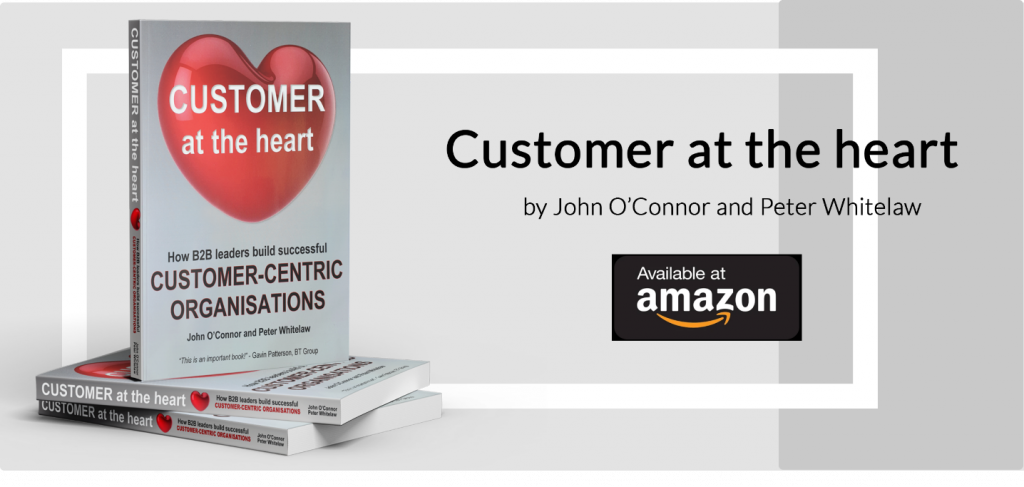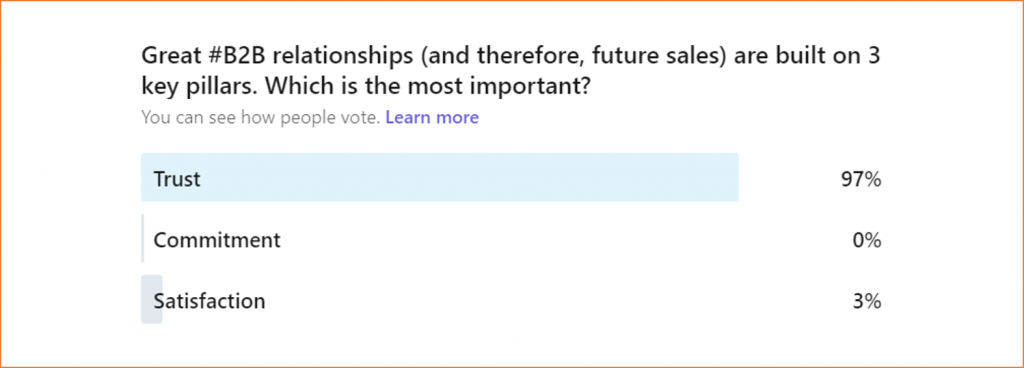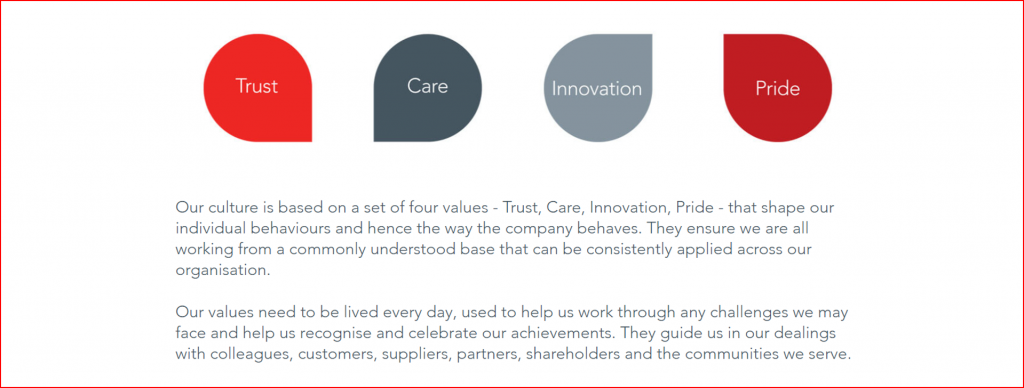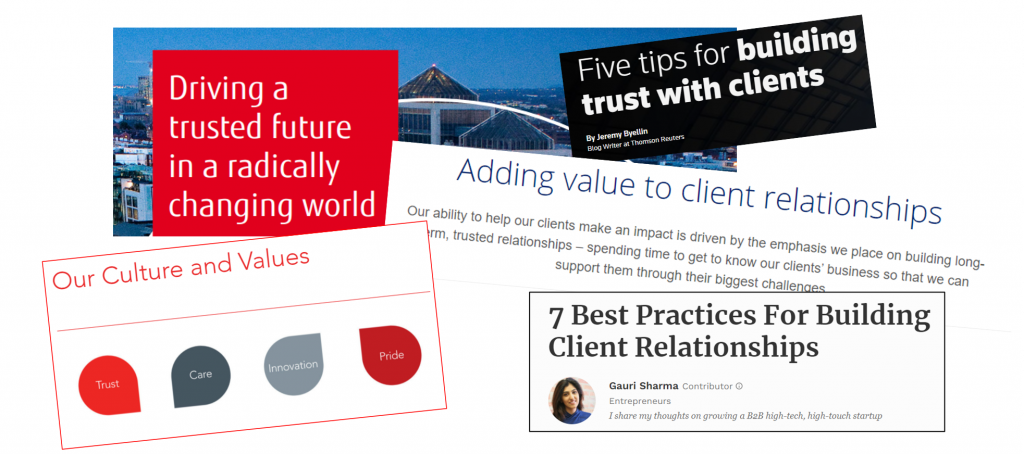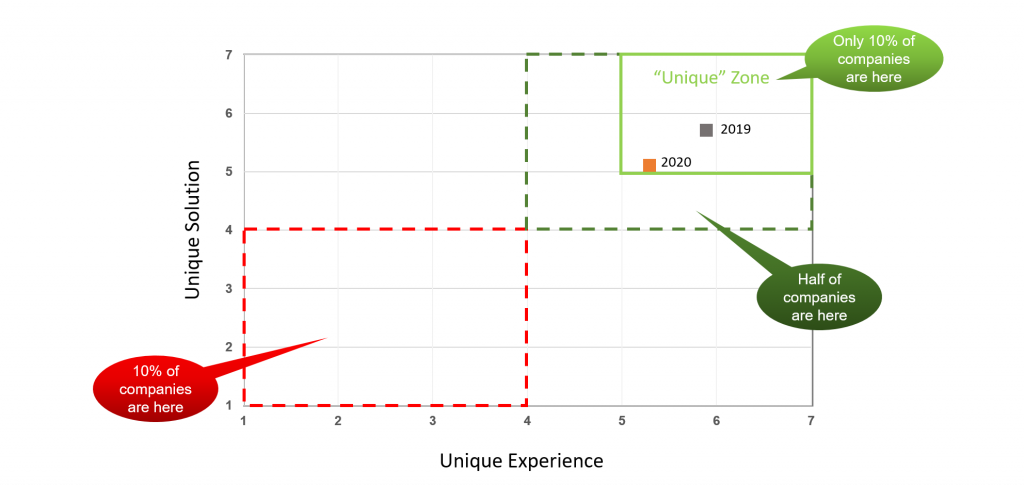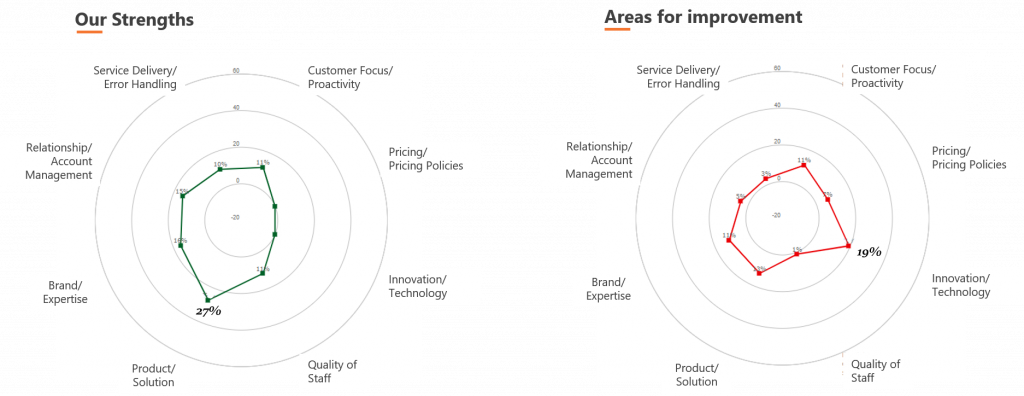‘Hunting elephants’ is a term used by sales people to describe the targeting of very large clients. Elephant hunting is difficult to do, but very profitable if you’re successful. The message from this blog? Forget elephants; hunt whales instead.
Whale Hunting with Global Accounts
It’s not often that I write book reviews but if there’s one book on sales management you should plan to read before the end of the summer holidays, it’s Whale Hunting with Global Accounts.
The author is Barbara Weaver Smith, but the book itself has contributions from 14 different experts in global sales. The result is a wonderfully rich, practical – and sometimes quirky – handbook for global sales management and leadership.
The quirkiness of the book comes from the title and inspiration for the book – the Inuit people.
The Inuit People
Here’s how Barbara Weaver Smith introduces the book:
For thousands of years, the Inuit people of the frozen North have risked life and limb to hunt the biggest game on earth: the mighty whale. They endure treacherous seas, frigid temperatures, and deadly ice floes for days at a time in order to catch these elusive and massive mammals. Why risk so much when they could have fish and caribou so much more easily? Because a single whale can provide a village with food and oil to last an entire year.
Would you hunt small game day-in and day-out, when you could hunt the biggest prize of them all every year?
It’s the same in the sales business; small fish will keep you fed but landing each whale-size account can fill your corporate belly for years. Hunting the biggest, most profitable deals is no easy task, and if your target escapes, you’ll lose time and resources. But the payoff is almost always worth your risk and effort.
Leave aside the quirkiness of the title and the references to the Inuit people. This book has contributions from a range of people who have ‘been there and done that’ in the sales world. Barbara Weaver Smith has assembled their views and her own thoughts on global account management into a structured approach for going after and hanging onto large complex accounts.
Key Takeaways
I always find it difficult to summarise a 240-page book in a few sentences but for me the four key takeaways are:
Knowledge. Global account teams need a massive store of knowledge about their target company and its market, as well as about industry and business challenges. Many sales reps go into a meeting with executives at a global company, armed only with their own product materials.
Structure. You can’t sell to and service large complex organisations unless you are well organised on your own side. The way you structure your own sales organisation must arise from a deep understanding of your client’s needs and preferences.
Process. This one is more interesting as it’s counter-intuitive. The more complex the sale and the longer the sales cycle, the more likely that sales people need to follow their own intuition rather than stick with the standard structured company sales approach.
Vision. Your company’s vision needs enough power to lead your customers through the challenges of consensus-building, the pain of change, and the inertia of bureaucracies.
Where KAM and GAM are Currently Failing
‘Whale Hunting with Global Accounts’ resonated strongly with me because it examines many of the challenges that I see within our own B2B clients. There’s no getting away from it: Key Account Management (KAM) and its big brother Global Account Management (GAM) are challenging activities.
Using the same four headings:
Knowledge. Many key (and global) account teams simply don’t understand their clients as well as they need to. It’s not easy if you have a client that operates in 20 different countries and people in all 20 have a view on your products and services. But you need to find out exactly what they think. Key account managers should not just be order-takers. They need to be information-gatherers, orchestrators and coaches. Yet many of our clients at Deep-Insight have excellent order-takers performing key account management roles. Square pegs and round holes.
Structure. I’m always surprised to discover just how product-centric many of our clients still are. Key accounts often have different product-based sales teams approaching them in a completely uncoordinated fashion. When key accounts are international – in other words, global – many of our clients are further stymied by their own national organisation structures. National structures do not support or encourage cross-border collaboration.
Process. Here’s one good example: Companies put processes and KPIs in place for key account managers. We have already seen that key account teams need a wealth of feedback from multiple individuals in each account. However, they are often given Net Promoter Score (NPS) and Customer Relationship Quality (CRQ) targets that incentivise them to REDUCE the number of contacts they get feedback from. Why? New ‘Decision Makers’ and ‘Influencers’ are likely to give poorer scores than existing ‘Operational’ contacts.
Vision. Many companies think they have a vision that key and global account teams buy into. The reality is that every three months, that vision gets completely blurred by the requirement to hit quarterly sales targets. Cooperation and collaboration are pushed into second place. Long-term planning is abandoned as long-term account strategies struggle to survive the relentless demands of a quarterly sales culture.
All these things need to change.
Forget Elephants; Hunt Whales Instead
‘Whale Hunting with Global Accounts’ may not answer every question a Global Account Manager has. No individual book can but this one does provide an excellent framework for thinking about how to do GAM and KAM effectively. More important, it’s grounded in the real world and provides the CEO and Sales Director with a clear overview of the pitfalls of implementing GAM structures, processes and organisations.
It’s a worthwhile addition to any salesperson’s bookshelf.
So buy it. And remember: Forget elephants; hunt whales instead.

